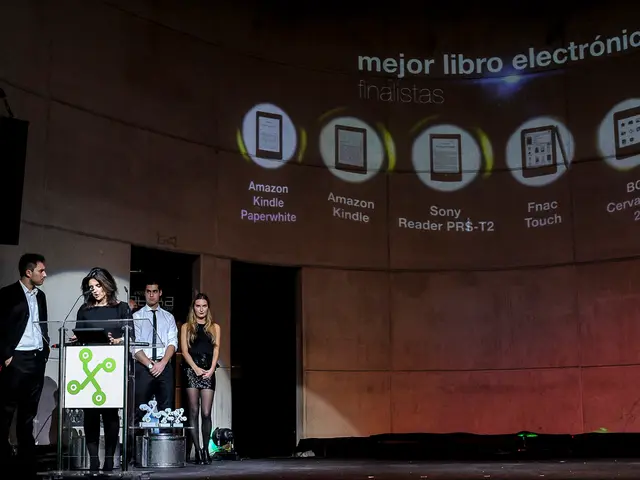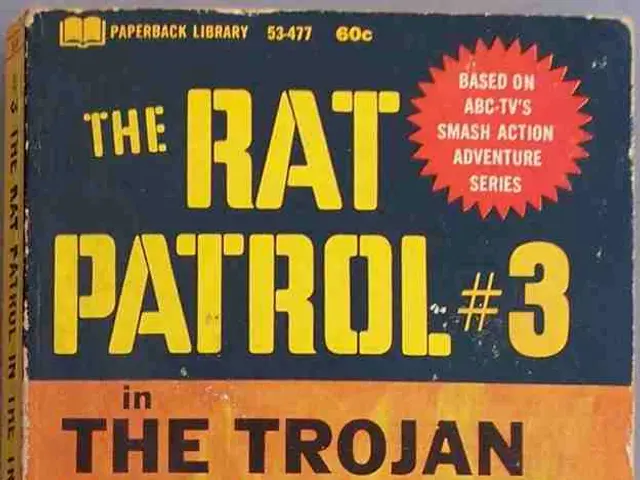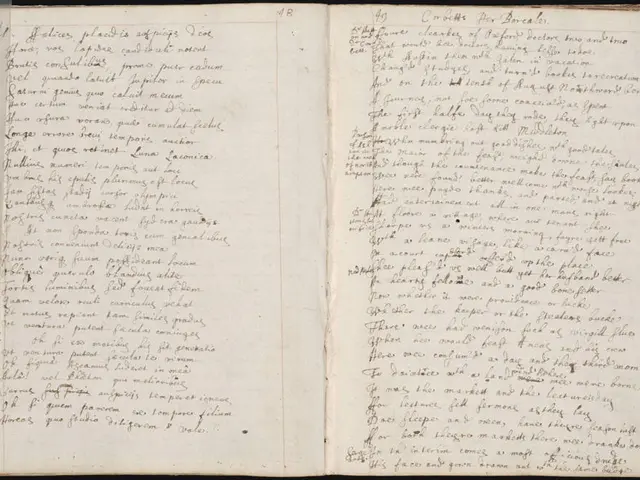Brazil's "Battery Circularity" Initiative Targets the Domestic Electric Vehicle Sector
In the burgeoning world of electric vehicles (EVs), Brazil is making significant strides towards establishing a local battery industry. The Brazilian market for EV batteries is not only substantial but also forecasted to be extremely dynamic and demanding in the near future, making a local battery factory a justifiable endeavour.
Last year, Brazil registered a staggering 177,000 electric vehicles, marking an impressive 80% increase from the previous year. This growth is a testament to the country's commitment to a greener transportation sector. However, currently, all batteries used in Brazil are imported, with multinational companies like BYD assembling and adapting batteries from lithium cells sourced from China.
To address this dependency, several initiatives are underway. For instance, LG Energy Solution, a company based in South Korea, is currently working on developing the first battery factory in Latin America. Similarly, Brazilian companies such as BYD, Volkswagen Caminhões e Ônibus, and Marcopolo are investing in battery technology and local solutions.
BYD has set up a plant in Camacari, which will start producing electric cars this year, and has acquired a large lithium deposit in Minas Gerais. Volkswagen Caminhões e Ônibus has developed battery technology that replaces graphite with niobium, reducing battery size and improving safety. Marcopolo, the Brazilian bus body manufacturer, is exploring the possibility of integrating local battery solutions in the future.
Meanwhile, WEG, a Brazilian electric motor and drive manufacturer, has announced an investment of R$ 1.8 billion to produce batteries for electric vehicles in Brazil. BorgWarner has established a plant in Piracicaba, Sao Paulo, for producing battery platforms for electric vehicles.
The national policy for electric vehicle batteries will apply to the entire lifecycle of the batteries, impacting the production chain and overall costs of the automotive industry. The goal of the initiative is to promote a circular economy and mitigate environmental impacts associated with the disposal of these components.
Senator Jaques Wagner introduced Bill 2,132/2025 to establish guidelines for the reuse, recycling, and traceability of batteries in electric and hybrid vehicles. The proposal aims to reduce greenhouse gas emissions in battery manufacturing, the dependence on virgin raw materials, and mitigate the risks of soil and water contamination.
Lithium batteries in electric vehicles last between 7 and 10 years and can be reused in stationary energy storage systems after being used. After being recycled, lithium batteries can be recycled by more than 94%. It will always be cheaper to recycle the battery and recover materials than to do virgin mining and transport, purify, and deal with all the processes needed to produce new batteries.
To support decision-making in the automotive sector, Mobility Portal Data, a new exclusive market intelligence platform, offers reliable data and key reports. Additionally, CharIN and EMVCo are working on a joint initiative to make EV charging simple and reliable through EMV-based payments and ISO 15118 Plug & Charge systems.
The expectation is for at least 30% of the Brazilian vehicle fleet to be electric and hybrid by 2035. To achieve this, it is crucial to align requirements and regulations with those for fossil fuel vehicles to avoid penalizing electric vehicles, as suggested by Eduardo Munoz, CEO of Bravo Motor Company Brasil Energy.
As Brazil moves towards a greener future, the electric vehicle battery market promises to be an exciting and crucial frontier. With the right policies, investments, and technological advancements, Brazil is well on its way to becoming a leading player in the global EV revolution.
Read also:
- Reporter of Silenced Torment or Individual Recording Suppressed Agony
- EPA Administrator Zeldin travels to Iowa, reveals fresh EPA DEF guidelines, attends State Fair, commemorates One Big Beautiful Bill
- "Divine Protections Failed: Father Battling for Life After Flesh-Eating Bacteria Infection"
- Innovative Company ILiAD Technologies Introduces ILiAD+: Boosting Direct Lithium Extraction Technology's Efficiency Substantially








